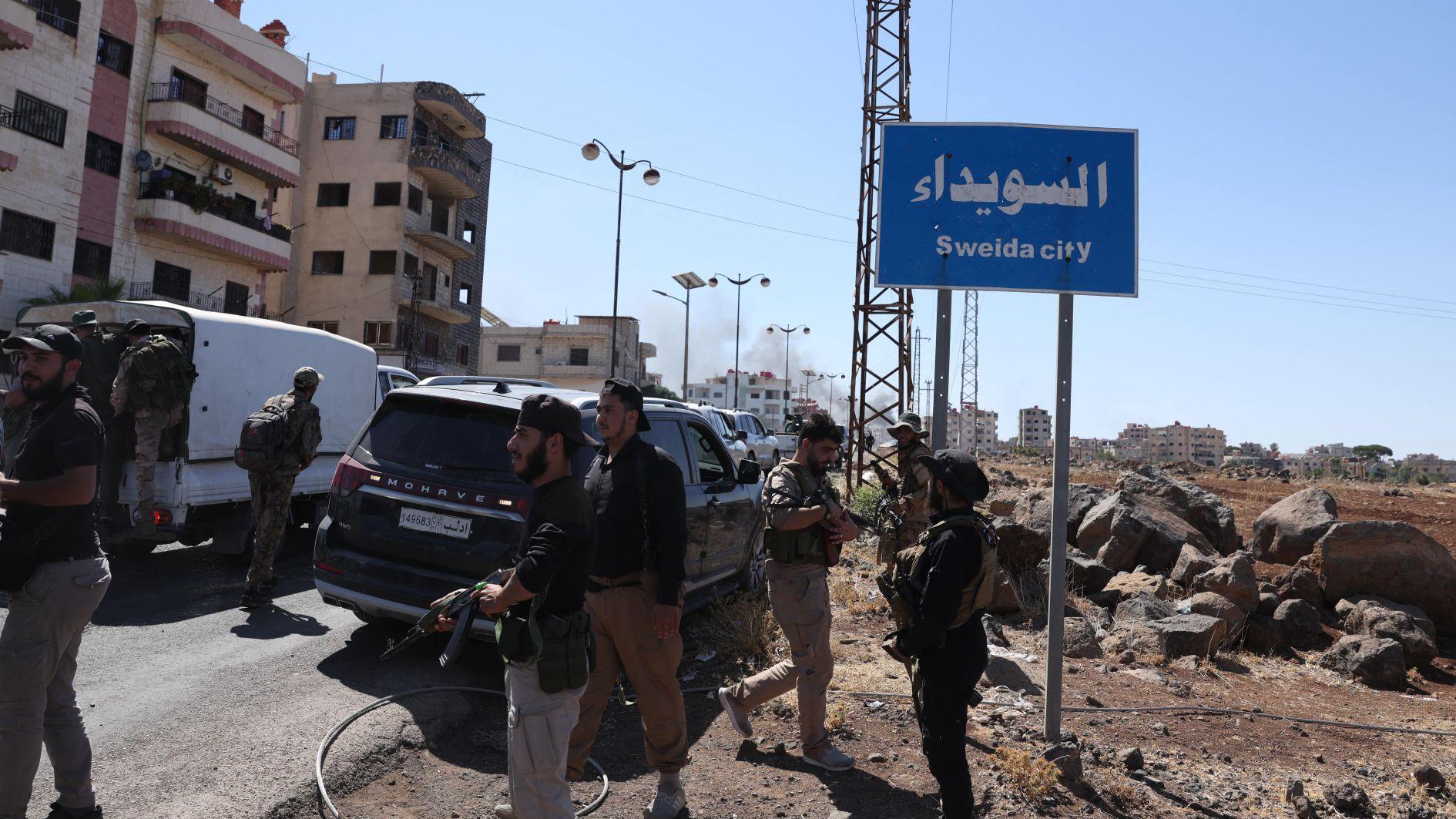
The selection process planned for a transitional parliament in Syria next month will be postponed in Druze-majority Sweida and two provinces held by YPG-controlled Syrian Democratic Forces (SDF), an official has announced.
After toppling longtime ruler Bashar al-Assad in December 2024, Syria's new authorities, led by President Ahmed al-Sharaa, dissolved the Assad-era parliament and adopted a temporary constitution for a five-year transition.
The interim charter has been criticized for concentrating power in Sharaa's hands after decades of autocracy under Assad and for failing to reflect Syria's ethnic and religious diversity.
The selection of the transitional parliament is planned for Sept. 15-20. Appointed local bodies will pick two-thirds of the 210 lawmakers and Sharaa will name the rest.
But the process will be postponed in Druze-majority Sweida province in the south, and in Raqa and Hasakeh in the north and northeast "until the appropriate conditions and a safe environment are available,” the official SANA news agency quoted organizing committee member Nawar Najmeh as saying.
Sweida province saw deadly sectarian clashes last month, with access to the province still difficult and the security situation tense. SDF largely controls Raqa and Hasakeh provinces.
Implementation of a March 10 deal on integrating SDF institutions into those of the central government has been held up by differences between the two sides.
The postponement is due to "the security challenges these provinces are witnessing" and is "to ensure fair representation" in those areas, Najmeh said.
Seats will be "reserved" in the transitional legislative body for the three provinces to fill at a later date, he said, adding that the selection process can only go ahead in "territories controlled by the state.”
The new body will have a renewable mandate of 30 months.
The new framework imposes strict restrictions on individuals with ties to the former regime, as well as those who played an active role in the political order either before or after the 2011 civil war, barring them from holding delegate positions. Moreover, individuals who acquired citizenship after 2011 are ineligible to run for candidacy.